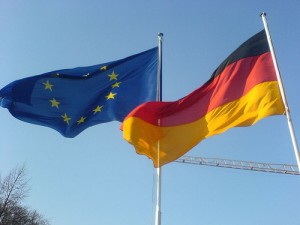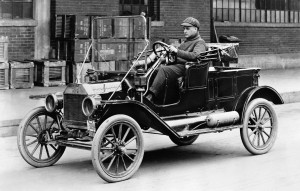With the way in which Muammar Gaddafi finally met his end, the future of Libya was already in doubt. Certainly, the logical method to repay the dictator for his innumerable crimes was simply to execute him, yet therein lays the difference between organized society and mob rule. In western society, usually the government brings the charges, in the idea that the accused party has committed crimes against society and the law. This rule of law allows justice for all victims, a clear framework for a strong government.
Therefore, the manner that Gaddafi dies sets a horrible precedence, forcing the new leaders to bring the killers on trial to appease and reassure foreigners. Mere days following the end of the revolution, Sharia law has been imposed, and an Al Qaeda flag flies from the Benghazi courthouse. Libyan militias from rival tribes have been clashing for control of key locations. For all the hype of freedom and democracy, we seem to have allowed an Islamist regime which struggles with anarchy.
http://www.nytimes.com/2011/11/14/world/africa/six-dead-as-libyan-militias-clash-near-tripoli.html




